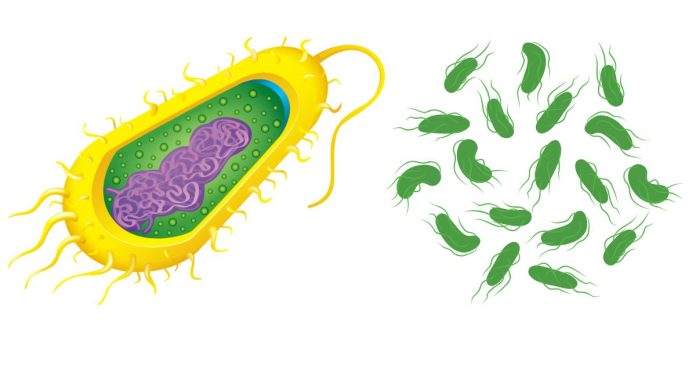Archaebacteria are unicellular organisms, meaning they consist of a single cell. Despite their simplicity, they are highly specialized and adapted to survive in extreme environments, such as hot springs, salt flats, and deep-sea vents. These microorganisms belong to the prokaryotic group, as their cells lack a true nucleus and membrane-bound organelles. Archaebacteria are distinct from other prokaryotes, such as bacteria, due to differences in their genetic material, cell wall composition, and membrane structure. They play crucial roles in ecosystems, including nutrient cycling and methane production. Their unique adaptations make them vital to studying early life on Earth and biotechnology applications.


